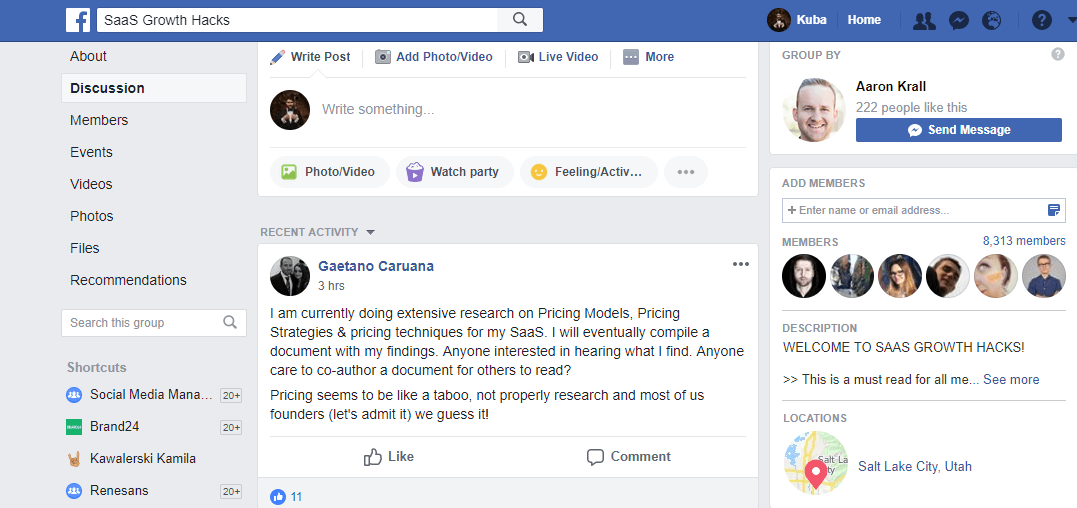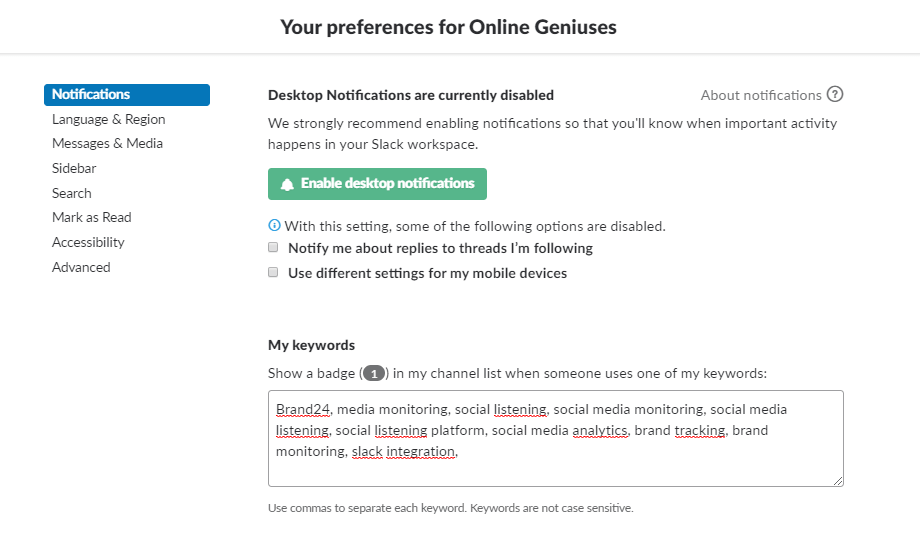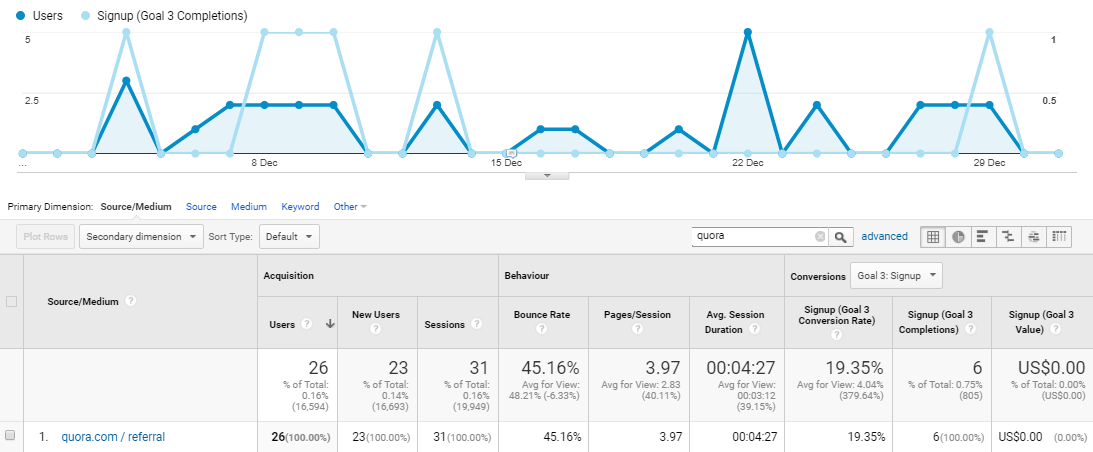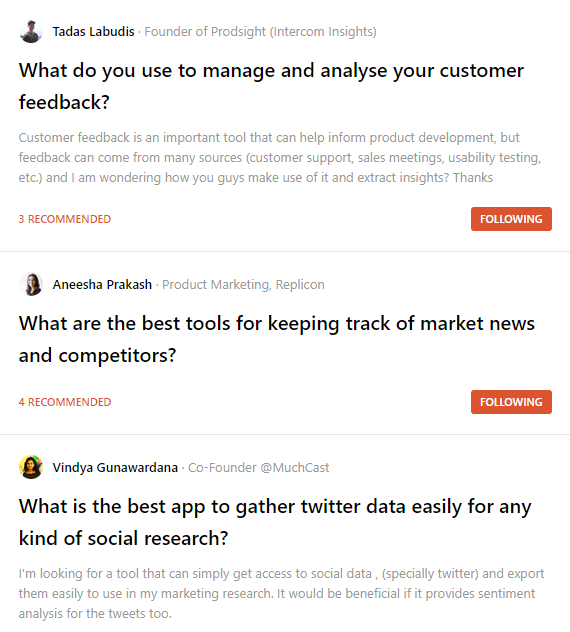Table of contents
How to build an online community?
This post was updated on March 17th, 2024.
Ever since I started working as a community manager, I’ve been stumbling upon a question of how to build an online community countless time. On top of that, it’s always followed by another question – is it better to build an online community from scratch or become a member of the existing ones? There’s no simple answer as both options have their pros and cons.
A robust community around your brand can help you thrive in uncertain times. Establishing a community is a time-consuming process, but the rewards are worth the efforts.
Hopefully, this blog post will give you actionable tips and tricks to build an online community that will support your business in the time of the crisis!
How to build a community around your business?
No matter how niche your industry is, it’s more than likely that there are already some existing communities related to it. Now, even if your goal is to build an online community from scratch, I wouldn’t recommend doing this without hanging out in some of those groups that are already out there. That’s how you build your relationships and network that should be the foundations of the community you eventually plan to create.
That’s the road we decided to take years ago. There have been some ups and downs that helped us establish which communities work for us and which not so much.
How long does it take to build a community?
Obviously, you need goals behind your decisions about joining those communities. We’re in a social media monitoring industry. It’s still not so much of a commonplace as we believe it is. Numerous people still have no clue what to do with social media monitoring Hence, our primary goal was always to become thought leaders in our space and educate people about the benefits of similar tools.
Then, promoting our business is important, but it comes as a secondary goal or a bonus to building up thought leadership in the process.
More often than not, you have to be persistent, but also in some instances, it doesn’t pay off too much. Years ago, we subscribed to tens of different LinkedIn groups hoping for success.
As enthusiastic as we were, we had to come to terms with the fact that at the time, they were nothing more than walls of blog spam without relevant discussions. Obviously, not all of them are so bad, and I hope there are LinkedIn groups for other industries that people find value in and maybe we were just unlucky.

Facebook groups tend to perform better for us. Sure, there are tons of rubbish you wish you’d never seen, but there are groups that are run by people who certainly know how to build an online community, like Social Media Managers or SaaS Growth Hacks, and are rich in thought-provoking conversations and advice you can learn from.
At some point, we figured why not join some of the Slack communities out there? We knew a few of them were growing pretty fast and thought it could be a good alternative. What also makes communities like Online Geniuses or Buffer Community superior to Facebook or LinkedIn groups is how instantly it all happens there.
Conversations in channels happen in real-time, and it feels like there’s so much going on at all! Hardly ever you have to wait and check if someone posted a reply to your comment by any chance, as it’s the case with the groups on the platforms mentioned before.

Having our community goals in the back of my head, it would be a blatant lie if I said the thought of monitoring Slack has never crossed my mind. While it’s not possible with Brand24, there’s a way to monitor different Slack communities in search of discussions you’d like to engage. All you need to do is to go to your profile Preferences and add a list of keywords you want to monitor and get an alert whenever they are mentioned.
While sharing the knowledge and building up thought leadership feels rewarding and fulfilling, community building efforts of our team needed to align with our secondary goal which is marketing our business. We had to find a way to engage other communities while still paying close attention to the ones I already mentioned.
Take a look at established community websites
We began engaging the Quora community simultaneously with Facebook and LinkedIn groups.
It wasn’t all roses in the beginning. Gloria was the first one to start engaging Quora, and while she was providing quality answers right away, the traffic from this source didn’t build up overnight.
What we basically do is we build an online community inside a community. This means we’re there for the people in the social media monitoring space that also happen to be Quora users, or just come across answers in that topic on Quora through Google.

When we travel back in time to December 2015, our Quora results were far from spectacular.
Six new signups within a month weren’t too convincing, but Gloria wouldn’t give up and kept creating new content and engaging people’s questions.

Fast forward to April 2016 and boom!
762 signups from people who came across our answers and found them valuable enough to register on our website. Of course, it didn’t jump directly from 6 trials to over 700; there were 50 and 132 respectively in February and March 2016.
Anyway, what Gloria achieved in April was remarkable but also made us scratch our heads? Was it just a fluke? Weren’t those accounts created by some kind of bots?
May was equally amazing and proved the month prior certainly wasn’t just a one-hit wonder. We thought: why not scale and move some of my time to start answering questions as well?
The number of topics and questions on Quora where we could expand and build an online community by sharing our knowledge and thought-leadership was big enough for us not to get in each other’s ways. The traffic had been growing from month to month until it reached the level of nearly 3 million Quora views for both of us combined and over a thousand new signups every month.
In case you wonder how we did that, have a look at our blog post “How to use Quora for business” about best practices on how to build an online community on Quora and use it for marketing your business!
You might also want to have a look at other communities like subreddits on Reddit or AskProducthunt. The former is tricky as hell and we all know that. Most marketers avoid Reddit like a plague, and I understand them to some extent.
If you jump on a subreddit and start spamming your content right away, your posts will be deleted and your account shadowbanned sooner than you realise.
I’ve read tens of blog posts about how to use Reddit for marketing and trust me, it’s difficult, but not impossible. We haven’t had spectacular successes so far, but that could be due to us being more of a B2B brand and Reddit seems to suit B2C brands more, I’d say.
Still, contributing quality content to a subreddit is always valued, and it’s best if the majority of that content isn’t just you trying to promote your blog posts.
On top of that, you need to be a Redditor yourself. You need to have the feel of what Reddit is and enjoy it as a whole to be successful in marketing there. Trust me, if your engagement feels artificial, people will know that, and they’ll call you out. And then you’re done with marketing on Reddit.
On the other hand, you might as well create your own subreddit with your own rules if you really feel like you should build an online community on there. It’s going to be extremely time-consuming as it’s with all other communities but if you know there’s enough of your target audience there, it should be well worth it.

Ask Producth Hunt, on the other hand, reminds me a lot of Quora. It’s more tech-orientated though. It took off over a year ago and is pretty much filled with questions regarding different tools people use these days for their jobs online. You can also ask for advice, so it’s not like all the questions are just people asking What are the best tools for x,y,z?
When is the time to build an online community of your own?
Once you figured out you get the feel of what an online community should be like, you might think of starting your own. Bear in mind all the pros and cons as well.
It can be a Facebook group, a Slack community, a dedicated hashtag on Twitter that people in your community will use for all their discussions, a subreddit dedicated to your brand or your industry in general. The possibilities seem endless.
Keep in mind that in such situation, you’re building an online community on someone else’s platforms, and if something goes wrong for them, it’s going to go wrong for your community too.
Also, investing in those won’t help your SEO in contrast to building your discussion forum, for instance, so it’s definitely something you have to think about before you start building an online community of your own.
Rand Fishkin from MOZ sums it up pretty well in his article on how to invest in and structure online communities :
And last but not least, you’re willing to invest potentially for years, literally years without return or with very little return to build something of great long-term value. I think this is the toughest one. But communities are most similar in attribute to content marketing, where you’re going to put in a ton of upfront effort and a lot of ongoing effort before you’re going to see that return. Most of the time, most communities fail because the people behind them were not willing to make the investments to build them up, or they made other types of mistakes.
Over to you
Whichever road you take, you have to keep in mind that it takes time, patience, and dedication.
If you want to build an online community by letting it grow by itself, it won’t.
You need to keep an eye on it and be the one who fosters the engagement before others start doing it for you.
Then, if you choose to join existing communities, you have to be consistent as well so that more and more people become familiar with you and you eventually become a thought leader in your field.
The key takeaway, however, is that you should never build an online community of your own if you haven’t been a member of some existing ones before!
Also, it all should be much easier with those tools and websites essential for community management.
Top Reads
Brand Monitoring: Tools & Guide for 2026
Brand Awareness Strategy [The Ultimate Guide for 2026]
The Best AI Hashtag Tracker and Other Hashtag Tracking Tools [2026]
Social Media Reach: How to Measure & Improve It in 2026?
X (Twitter) Analytics Tools: The 10 Best to Try in 2026
Sentiment Analysis: What is it & Why do You Need it in 2026?
Share of Voice: Definition, Calculation, Tools [2026 Guide]
Brand Reputation Management: 6 Expert Tips for 2026
Social Media Analysis: Complete Guide for 2026
How to See How Many Times a Hashtag Was Used on X (Twitter)
Start Social Listening!
Get the Brand24 trial and start social listening like a PRO.